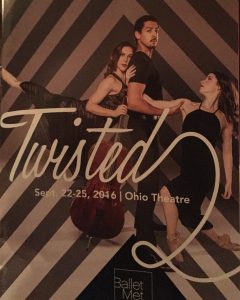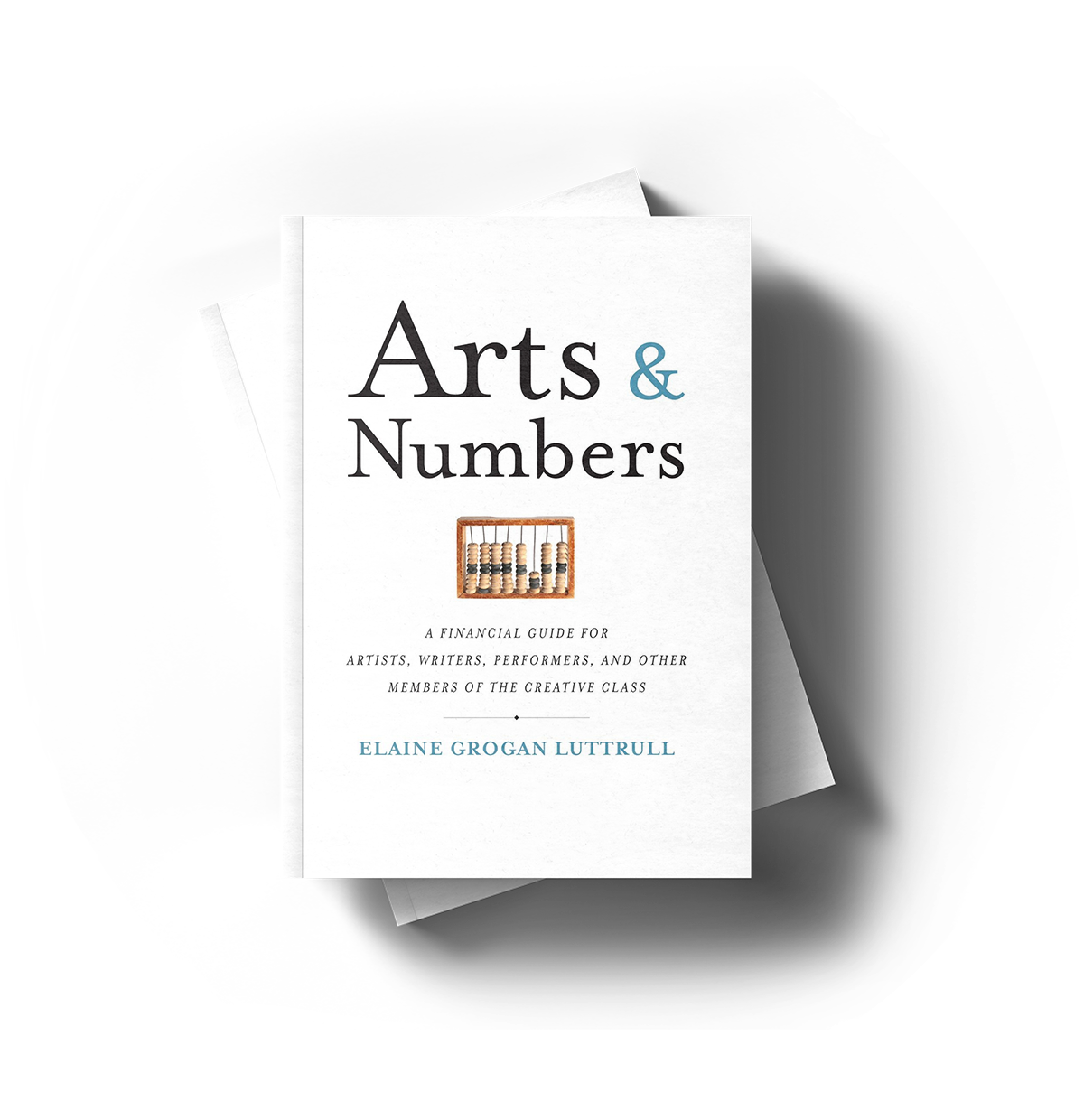November 14, 2016 • Minerva News
 Last week we talked about building a core community of support – your own “dream team” of mentors, advocates, and technical experts who support your creativity.
Last week we talked about building a core community of support – your own “dream team” of mentors, advocates, and technical experts who support your creativity.
In the not-for-profit world, such support often exists for free in the form of a board of directors. And in the arts industry more broadly, individuals are exceedingly generous in sharing their points of view, advice, and stories to support others.
But your dream team doesn’t exist to support you for fun. And if you “compensate” them with an invitation to your opening, you have fallen into the “exposure” trap that we rile against so often. “Why should I pay my attorney for advice? I’ll just invite him to my show. He’ll love the exposure to other artists.” (*Insert shudder here*)
In some cases (say, if you created Hamilton) that logic works. But in most cases, it doesn’t. And there is a very fine line between building a community of support and exploiting that community.
We see this all the time in the arts. Whether it is a “quick meeting to pick someone’s brain” or an “introductory session to get to know an expert,” these gatherings are thinly veiled attempts to glean expertise without paying for it.
That’s not a bad thing. As I mentioned, those in the creative community are exceedingly generous with their time and expertise. And introductory meetings and “getting to know you sessions” and even meeting someone at a networking event are all steps in building relationships and thus building your own community of support. But they can be steps that wander dangerously close to an exploitation line. And that’s one you want to stay as far away from as possible.
So here are some tips:
Check your intentions. Deep down, far beneath what you normally admit to people, what are you hoping to get from this conversation? Are you hoping for some free advice? Or are you looking for a genuine connection? Be honest. There’s nothing wrong with hoping for (or even seeking) free advice. But you should be honest about your intentions. And if that’s the case, you should be transparent about them. You should also be the one buying the coffee.
Be transparent. If you are seeking free or reduced cost advice, say that. Many professionals (especially those in the habit of being propositioned for free advice) appreciate the transparency, and they’ll be much more likely to meet with you for a limited amount of time or direct you to appropriate resources that can help.
Be more gracious than you think you need to be. If you are seeking free advice, you are the deferential party in the transaction. Be aware of that, and remember it when suggesting locations, days, and times to meet. Meet the person at a place and time that is exceedingly convenient for him or her. Not necessarily for you. Be respectful of the person’s time. Limit the meeting to an hour at the absolute max if you are getting free advice. If there is a genuine connection, you have a bit more leeway. Last but not least, say thank you. Twice. Thank the person at the end of the meeting, and send a follow-up email of gratitude within a couple of days. Make sure both gestures of thanks are genuine.


